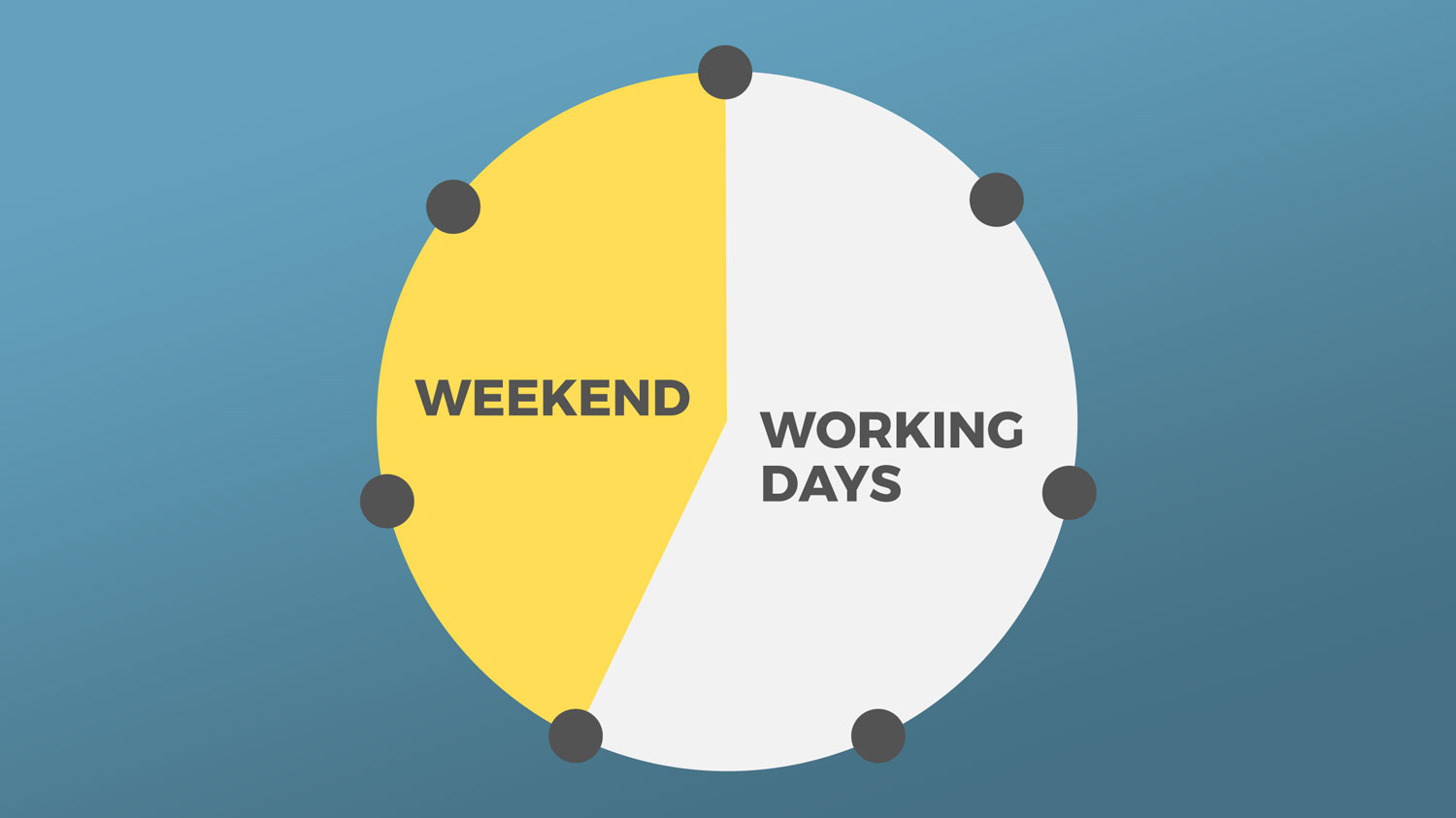
UK companies in four-day week pilot reach halfway point
At the halfway point of a groundbreaking six-month trial of a four-day week pilot programme in the UK, data points and qualitative feedback reveals a general tenor of positive experiences alongside valuable lessons for some organisations that are striving to change decades of ingrained work cultures and systems.
More than 70 organisations signed up for the six-month trial, which kicked off at the beginning of June and is being run by 4 Day Week Global in partnership with leading think tank Autonomy, the 4 Day Week UK Campaign, and researchers at Cambridge University, Boston College and Oxford University. More than 3,300 employees are getting a paid day off weekly through the course of the trial.
4 Day Week Global CEO, Joe O’Connor, said:
“The organisations in the United Kingdom pilot are contributing real-time data and knowledge that are worth their weight in gold. Essentially, they are laying the foundation for the future of work by putting a four-day week into practice, across every size of business and nearly every sector, and telling us exactly what they are finding as they go. We are learning that for many it is a fairly smooth transition and for some there are some understandable hurdles – especially among those which have comparatively fixed or inflexible practices, systems, or cultures which date back well into the last century.
“While for most organisations the pilot prompts many pleasing discoveries and outcomes – a lot of businesses have more flexibility and nimbleness among their people and teams that leaders often know at the outset – there is friction for others, and this can be based on a variety of factors, many of which can be addressed or substantially improved in the pilot itself. 4 Day Week Global and our partners are supporting these businesses to ease their transition to a flexible work model, and using the findings to inform the process for many more businesses to trial, adapt, and reap the benefits of emphasising productivity over time – thereby transforming the world of work for all of us.”
A plurality of views and diversity of approaches to the pilot has been evident among respondents to a brief internal check-in survey of the participating companies, undertaken around the pilot’s halfway point. A series of questions were posed with a multi-choice answer on a scale of 1 to 5. Of those that responded:
- 88% of respondents stated that the four-day week is working ‘well’ for their business at this stage in the trial.
- 46% of respondents say their business productivity has ‘maintained around the same level’, while 34% report that it has ‘improved slightly’, and 15% say it has ‘improved significantly’.
- On how smooth the transition to a four-day week has been (with 5 being ‘extremely smooth’ and ‘1’ being ‘extremely challenging’), 29% of respondents selected ‘5’, 49% selected ‘4’ and 20% selected ‘3’.
- 86% of respondents stated that at this juncture in the trial, they would be ‘extremely likely’ and/or ‘likely’ to consider retaining the four-day week policy after the trial period.
Claire Daniels, CEO at Trio Media, said:
"The four-day week trial so far has been extremely successful for us. Productivity has remained high, with an increase in wellness for the team, along with our business performing 44% better financially."
Sharon Platts, Chief People Officer for Outcomes First Group, said:
“The four-day week [pilot] has been transformational for us so far. We've been delighted to see productivity and output increase and have also been able to make it work in our education and care services, which we thought would be far more challenging. While it's still early days, our confidence in continuing beyond the trial is growing and the impact on colleague wellbeing has been palpable."
An anonymous respondent stated that:
“Radically rethinking the real value of everything you do as a business is never going to be seamless. To just try and cram the same work into shorter hours completely misunderstands the problem we are seeking to fix. The four-day week pilot has already shown us that there are things we could have implemented years ago which would have improved our productivity and offered increased value for the organisations we work with.”
Nicci Russell, the Managing Director of Waterwise, said the pilot initially involved a learning curve:
“We're proud to be involved in the trial and it's going well for us. It wasn't a walk in the park at the start, but no major change ever is, and we were well briefed and prepared by the 4 Day Week Global team. We have all had to work at it - some weeks are easier than others and things like annual leave can make it harder to fit everything in - but we're much more settled with it now overall than we were at the start. We managed to incorporate a big media blitz on water efficiency - water efficiency is our bread and butter - over the summer, which added to workload, but we still managed to stick to the four-day week and the standard working hours, and the team are pretty happy. We certainly all love the extra day out of the office and do come back refreshed. It's been great for our wellbeing and we're definitely more productive already.”
Globally, small companies to large corporates in diverse sectors have boldly embraced the productivity-focused, reduced-hour model of work as pilot programmes also roll out in North America, Ireland, and Australia and New Zealand in 2022.
From a local fish and chip shop to large corporates, companies in the UK pilot range from small enterprises to large corporates and span most sectors, including education, workplace consultancy, leadership, personal development, automotive supply services, online retail, building and construction recruitment services, food and beverage and hospitality and digital marketing.
Founders, employers and employees can find out more about the 4 Day Week and the pilot program at www.4dayweek.com






